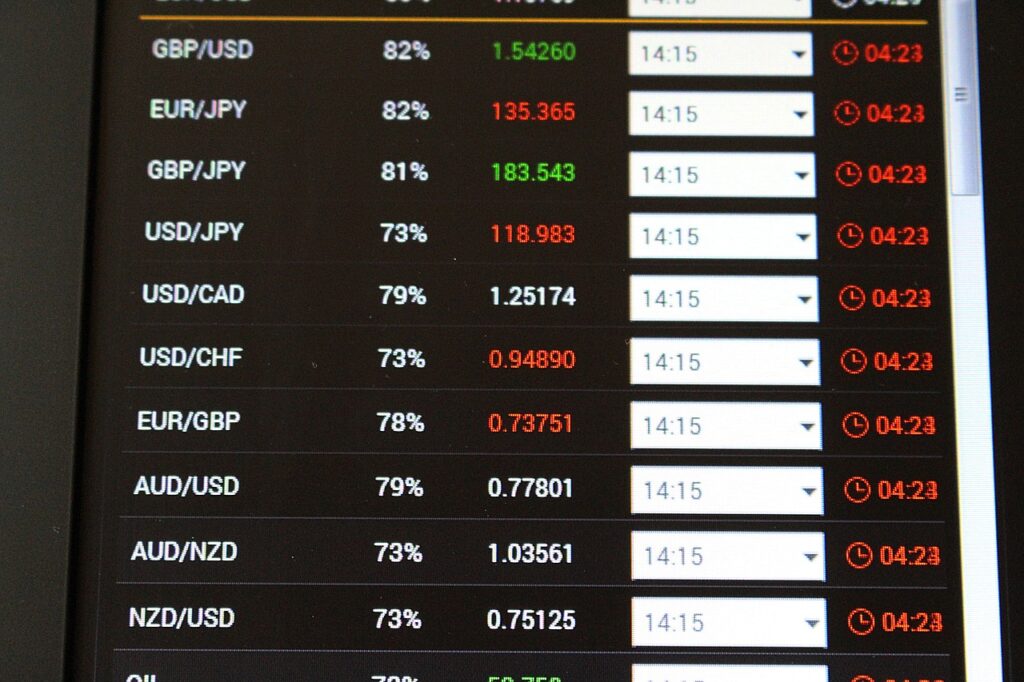The FCA today published a statement in relation to its FX remediation programme, which it had launched in 2014 to ensure UK foreign exchange (FX) firms addressed the root causes of failings and to drive up standards across the market. The report outlines how firms should respond to the FCA’s findings and its next steps.
At the time, the FCA imposed significant fines on 6 banks whose ineffective controls allowed G10 spot FX traders to put their own interests ahead of those of their clients, other market participants and the wider UK financial system. The banks failed to manage obvious risks around confidentiality, conflicts of interest and trading conduct. These failings allowed traders at those banks to behave unacceptably. They shared information about clients’ activities which they had been trusted to keep confidential and attempted to manipulate G10 spot FX currency rates, including collusion with traders at other firms, in a way that could disadvantage those clients and the market.
The FCA launched an industry-wide remediation programme to ensure firms addressed the root causes of these failings and to drive up standards across the market. More than 30 firms, representing around 70% of the UK FX market, participated in the programme, which required senior management to take responsibility for delivering the necessary changes and verifying that the work had been completed.
The firms have concluded their work, and the regulator is now starting to see real improvements in their control environments, as well as in their overall culture and the quality of their governance arrangements.
Next steps
The FCA now expects firms who were not involved in the remediation programme to carefully consider the details of the programme set out below, and to implement remediation plans that are appropriate for their FX business.
This is just a first step and it is essential that all market participants, including firms that have already completed their remediation programme, build on these improvements to ensure that this systemically important market works well.
Firms will need to take account of future developments in the FX market, including the publication of the FX Global Code of Conduct, expected to be published in May 2017 by the Foreign Exchange Working Group (FXWG). The FXWG was established by the Bank for International Settlements in July 2015 to strengthen code of conduct standards and principles in foreign exchange markets.
The regulator expects firms and responsible senior managers to ensure their staff satisfy appropriate standards of market practice. Spot FX is only subject to regulation in certain circumstances, for example where spot FX manipulation impacts an FX derivative or where spot FX trading is an ancillary activity to regulated business. The Fair and Effective Markets Review suggested this could be reviewed in future.
It is also important that firms recognise that the risks in their FX business are likely to be relevant to other trading businesses, and they should ensure that the lessons learned from the FX remediation programme are applied right across their organisations.
FX remediation programme
The participating firms were asked to carry out a detailed assessment of whether their culture, governance arrangements, policies, procedures, systems and controls were appropriate and adequate to manage the risks in their business. Their work considered all aspects of their FX business, including:
- front office culture and recruitment policy
- the risk and control environment relating to day to day trading activity
- compliance, audit and risk functions
- financial incentives, performance management and training
- communications monitoring
- conflicts of interest management
- benchmarks
The programme focussed on potential unacceptable behaviour, trader misconduct, breaches of client confidentiality and the failure to manage conflicts of interest, including but not limited to a number of specific risks that we asked firms to address. These were:
- attempting to manipulate or control fixes
- misleading clients by implying they are getting the best rate, when in fact the rate they received may have included a significant ‘hard mark-up’
- engaging in coordinated trading to gain an unfair advantage
- performing partial fills of client orders but not passing to the client the correct fill
- using ‘layering’ or ‘wash trades’
- deliberately triggering client stop loss orders
- front running
- sharing confidential information with clients and traders at other firms
- unfairly assigning clients the worst rate available in relation to ‘transaction window’ trading
- inappropriately using personal dealing accounts, including spread betting
Observations
The UK FX market is diverse and includes large global banks, smaller regional banks, niche investment firms, inter-dealer brokers, agency brokers, hedge funds, proprietary trading firms and spread betting/CFD firms, and therefore each participating firm developed and implemented risk mitigation plans that were appropriate to the size and complexity of their business.
Whilst not relevant to every FX business, a number of positive mitigation steps were observed, including firms that:
- proactively extended the principles of ‘best execution’ to their FX business where applicable
- applied the lessons learned from their FX remediation work to their other business areas
- introduced pricing matrices, setting clear parameters for FX sales staff when applying hard mark-ups to client orders
- segregated fixing activity within their FX trading business
The FCA statement and related information is available here.
